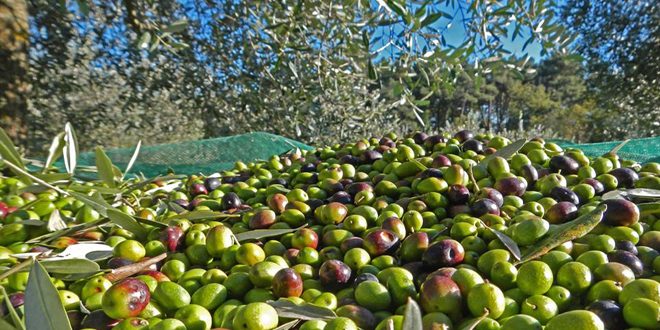São Paulo – The Consulate General of Syria in São Paulo has put out a list of approximately 50 types of products available for export from the Arab country. The goal is to find international buyers. The list includes vegetables, fruits, seasoning, spices, processed foods, textiles, chemicals, etc.
Fruits and vegetables available include tomato, potato, dehydrated onions, carrots, watermelon, yellow melon, cucumber, eggplant, cauliflower, strawberry, apple, grapes, olives, peaches, figs, plums, etc. Spices include cumin, coriander, aniseed and blackseed.
Processed foods include olive oil, Arab sweets, canned foods, tahini paste, pickles, nuts, yoghurt and cheese. Textiles include clothing, fabric, curtains and yarn. The list also includes items such as plastics, paper boxes and bags, soap, detergents, aromatic oils, cosmetics and shoes.
Here’s more on Syria:
- ‘‘It’s like I was telling my story,’ Syrian filmmaker says
- A palace of Syrian culture in the heart of Campinas
The Consulate General of Syria in São Paulo can provide details regarding the amount and time of year at which each item is available for export. Food items must also be checked for coverage under Brazil-Syria food safety agreements.
Despite deep-seated migratory ties, Brazil-Syria trade is not voluminous. Exports from Syria to Brazil came out to USD 500,000 in 2020, consisting mostly of aniseed, spices and cumin. Brazil supplied USD 52 million in goods to Syria, mostly coffee, sugar and maize.
Agriculture and industry account for roughly 20% each of Syria’s economy, with services answering to 60%, according to numbers from international organizations. Key farm products include wheat, barley, milk, olives, tomatoes, oranges, potatoes, lemon and lime. Key industry products include oil, textiles, processed foods, beverages, tobacco, rocks, cement, ground seeds, and automobiles.
For additional information please call the Consulate of Syria, +55 (11) 3285 5578.
Translated by Gabriel Pomerancblum




